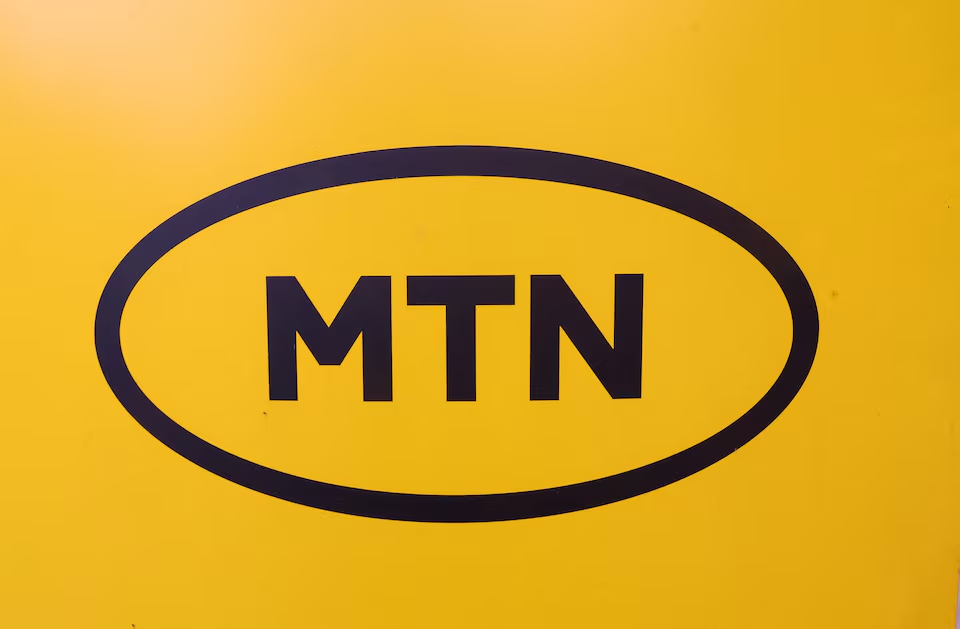According to the Head of Research and Communications at the Chamber, Derek Laryea, the law imposed is hampering the revenue generation efforts of telecommunication companies in the country.
“Year on year there is always a dip and I know in 2016 we had some policy statement just before the elections about looking at that tax policy. For us as the industry we believe it is a leakage and it also fuels SIM boxing. If I am charging 19 cent and my local call is about 4.8pesewas which is less than one cent, SIM Box fraudsters would take advantage,” he told the B&FT newspaper.
“More importantly the consumer behavior and pattern have changed and today you will see a lot of people making phone calls directed to over-the-top applications like WhatsApp, Zoom which is really the norm today at the back of the pandemic. I always make the argument that if I have a GH¢1 data and can do excess international call with it, why do I have to spend 19 cents which is obviously high for any consumer,” Derek Laryea stressed.
Meanwhile key findings of a Mobile Industry Transparency Initiative study conducted by the chamber showed that revenue accumulated to the state and telecommunications companies in Ghana has declined by over 200 percent in the past nine years since the law was established.
The findings also indicated that in 2010, revenue generated remained at about GH¢360 million while the figure has since declined to some GH¢107 million in 2019.
Source: Ghanaweb




